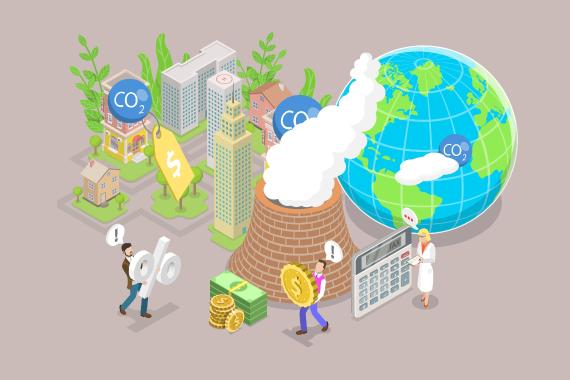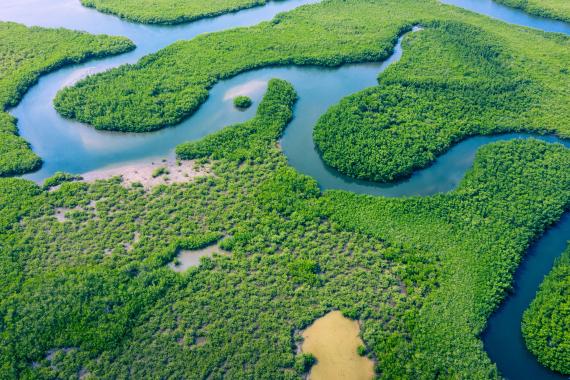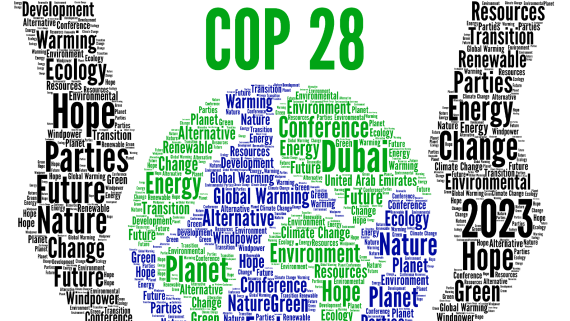CO2 compensation – climate protection instrument, fraudulent labelling or modern indulgence trade?
On the controversial role of CO2 offsetting and the importance of binding global standards to avoid greenwashing – with insights from Latin America
In order to combat the consequences of advancing climate change, all appropriate instruments should be used. In addition to urgently avoiding and reducing greenhouse gas emissions, this also includes offsetting them in areas where damage limitation is (still) the only way to contribute to climate protection. However, internationally valid quality standards for offsetting projects must be defined and appropriately communicated to producers, consumers, and people in the implementing regions.













